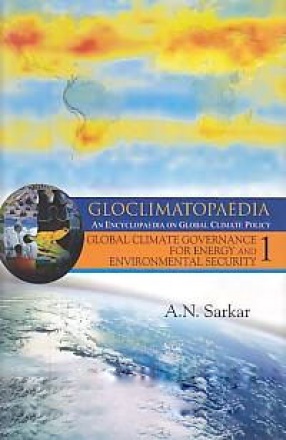Global warming and consequential climate change pose the greatest threat and challenge for the survival of the humanity and other life forms in this planet. There is a universal recognition and unanimity now by the global community at large that the earth’s climate is changing rather more rapidly in recent years than in the past with disastrous and irreparable consequences. This, among other things, is largely due to phenomenal anthropogenic interferences, resultant of accelerated growth of hydro-carbon propelled and energy-intensive industrialization in a hyper-competitive business world. Consequentially, the level of Green House Gas (GHG) emissions is fast becoming alarming, particularly for the developed as well as the fast developing economy, such as the BRIC and BASIC countries.
Though monumental efforts made through the Kyoto protocol, Bali roadmap, Copenhagen agreement and Cancun convention led the world to impose some arbitrary cut on GHG emissions, both in a legally binding and voluntary manner, the developed economy – to a large extent, had still remained only partially compliant to that effort. Global review of the scientific literature on the adverse impact of climate change and their careful scrutiny and analysis calls for creation of deeper awareness, appreciation and understanding of the interrelationship between reversing the processes of climate change as well as building simultaneously the concept of sustainable energy and environmental development to bear upon its visible impact on the former processes. This is achievable through carefully drawn up mitigation and adaptation actions with focus on carbon management carbon foot-printing and carbon financing (Green-Funding) with equitable and differentiated participation in climate projects.
Like corporate and environmental governance, climate governance is now being viewed as one that needs to strictly follow the core governance principles, helping regulate public and private participation, building ownership and a proactive behaviour towards greater accountability and responsibility for the environmental security in a fast changing climate regime. Hence, climate governance should operate at every level, ranging from the individual to the global and calls for a shared vision, eldership and combined responsibility for maintaining environmental quality, equality, equity and security. By implications, climate governance with its global perspective will continue to be of critical importance for sustainable development with the support of specific organizational architecture and tools, needed for evolving a comprehensive and multi-sectoral approach to environmental protection.








There are no reviews yet.